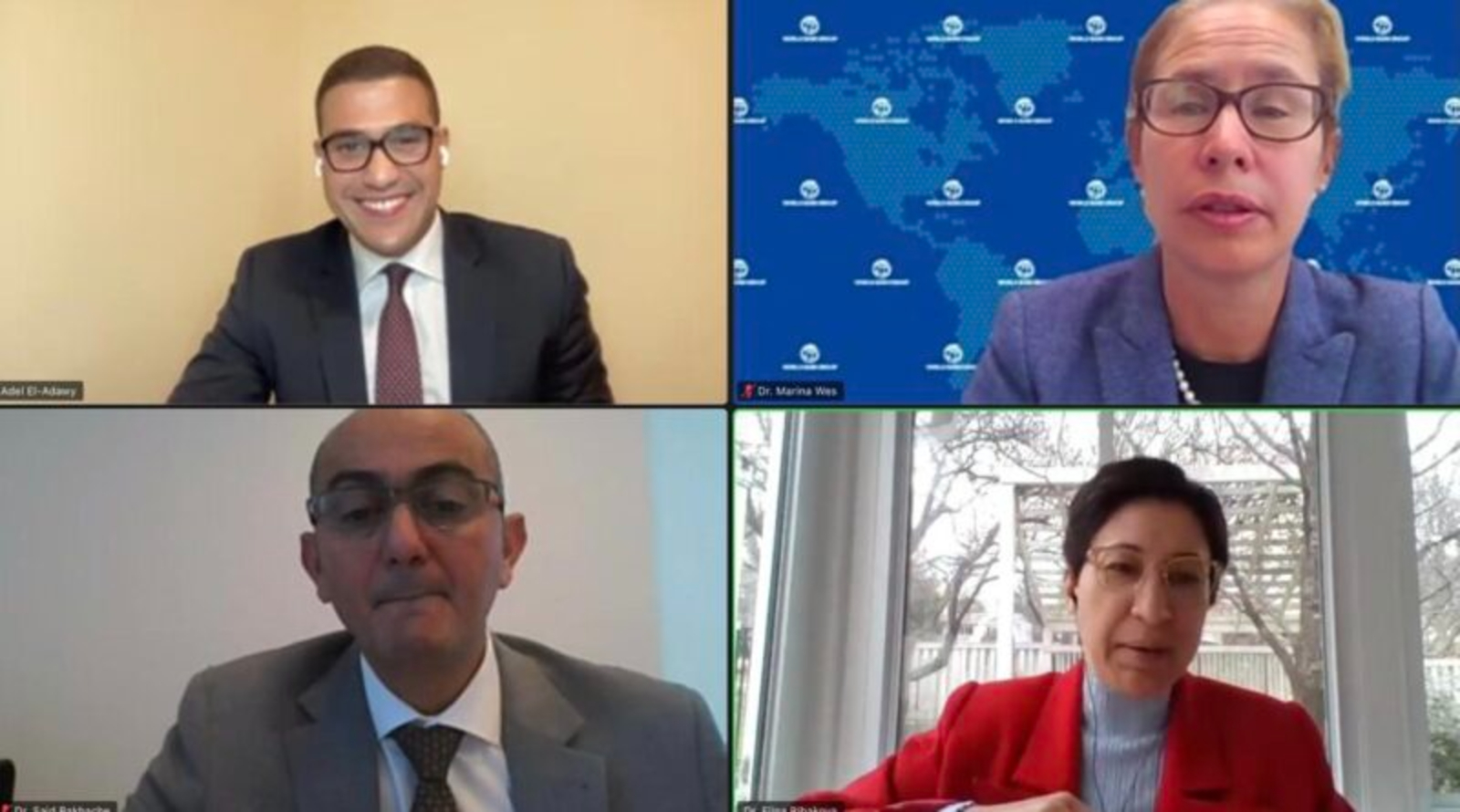IMF gives policymakers top marks for covid response

Egypt’s “proactive and targeted response” to the economic fallout from the pandemic helped Egypt fare better than observers had expected, said Said Bakhache, the IMF’s senior resident representative in Egypt. Speaking at a webinar we attended yesterday on the economic policy response to covid-19, Bakhache spoke highly of how an aggressive economic reform program starting in 2015 — including the phasing out of ruinous energy subsidy — combined with healthy FX reserves to help Egypt weather the covid storm.
With economic indicators pointing in the right direction, it’s unlikely Egypt will need further IMF funding by the end of the current fiscal year, Bakhache said. “Within the approved budget there are sufficient contingencies to allow the government to shift resources and priorities, and on the monetary side reserves are at a comfortable level,” said Bakhache, noting that engagement with the IMF after the current standby facility wraps up will be dependent on what the Egyptian government’s goals are.
But economic growth doesn’t mean inclusive growth: “We would like to see more of a spillover from these nice macro numbers into more employment. Egypt needs higher levels of inclusive growth,” Bakhache said. The growth reflected in Egypt’s macro indicators has been rooted more in consumption than in investment, which has been largely driven by government spending. A deepening of structural reforms, a rethinking of import barriers, and a focus on job creation will be key going forward, he said.
THE CONTINENTAL PERSPECTIVE- African countries should take advantage of today’s high-liquidity environment to improve their borrowing profiles, said Elina Ribakova, deputy chief economist at the Institute of International Finance in Washington. Ribakova advises developing economies to “be very opportunistic in terms of your borrowing and don’t be too enthusiastic and borrow at any terms, and develop relationships with investors.” Acknowledging the diversity of the region’s monetary policies, Ribakova said further stability and predictable policy was needed to attract longer term investments.
On vaccine distribution efforts in the continent, Bakhache said IMF facilities for budget support did not specifically take into account a scheme for vaccine acquisition, though Marina Wes, World Bank country director for Egypt, Yemen and Djibouti, said the World Bank does have facilities for vaccine purchase that are being developed in some low-income countries in Africa, considering the general underdeveloped state of healthcare services across the continent. Support programs are important, says Ribakova, since “if there are pockets of infections it will still come back to affect the global economy.”
But don’t expect a quick recovery once vaccines are doled out: Wes said the World Bank does not forecast a V-shaped curve indicating a sudden bounceback. “We expect the pandemic will scale down potential output for some time. It will be a slower rebound where it will take a couple of years to get back onto the growth path.”